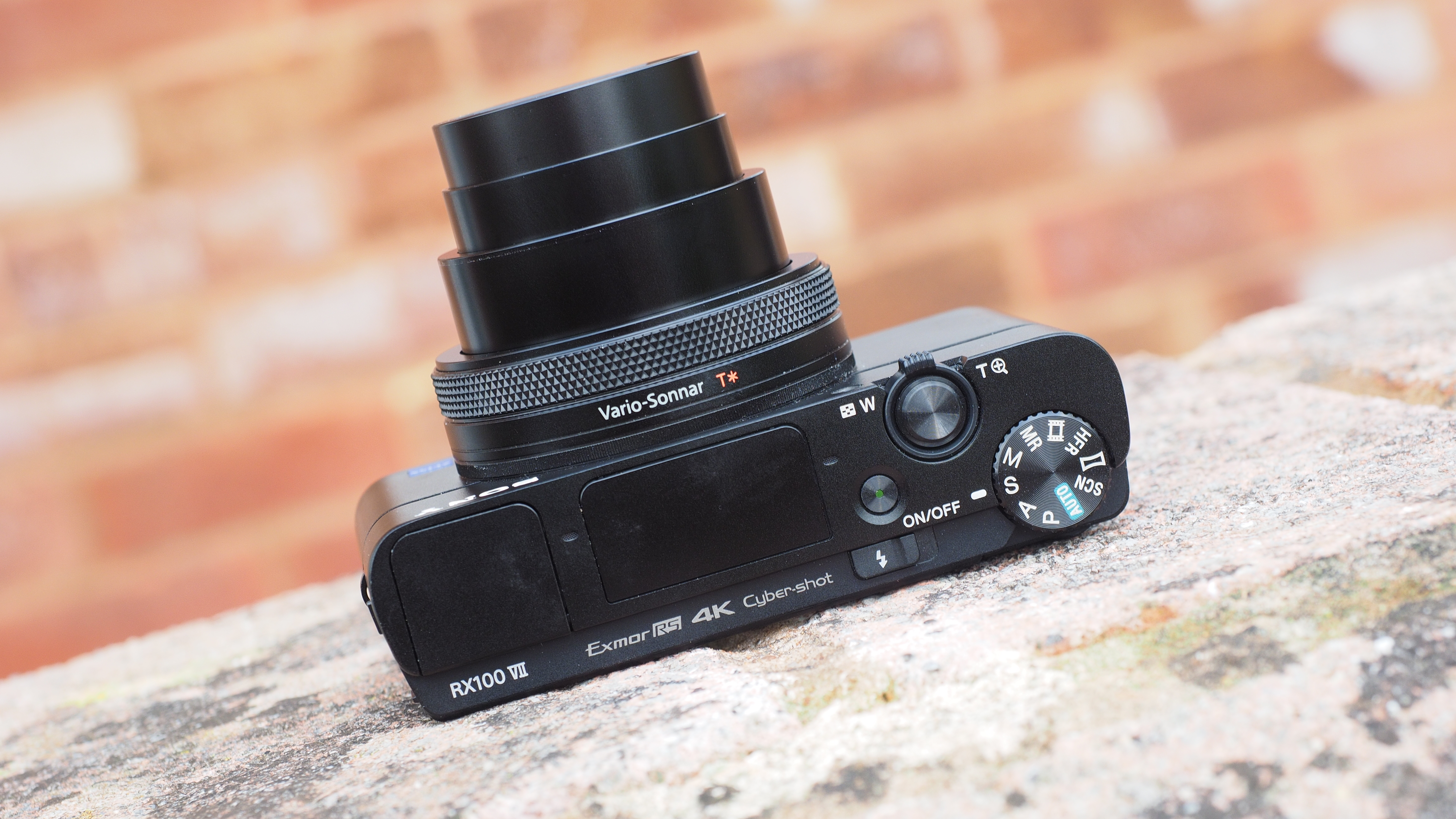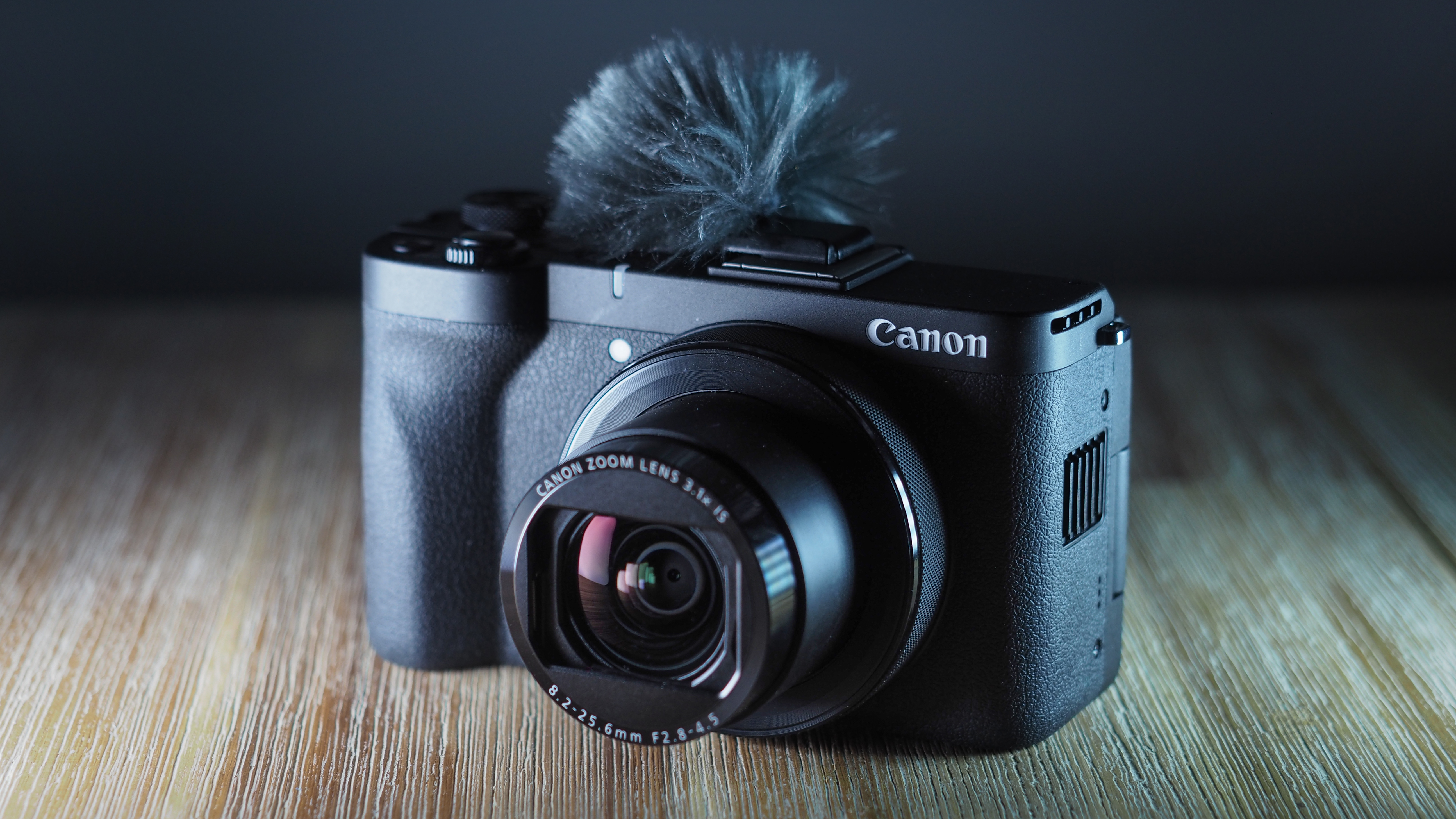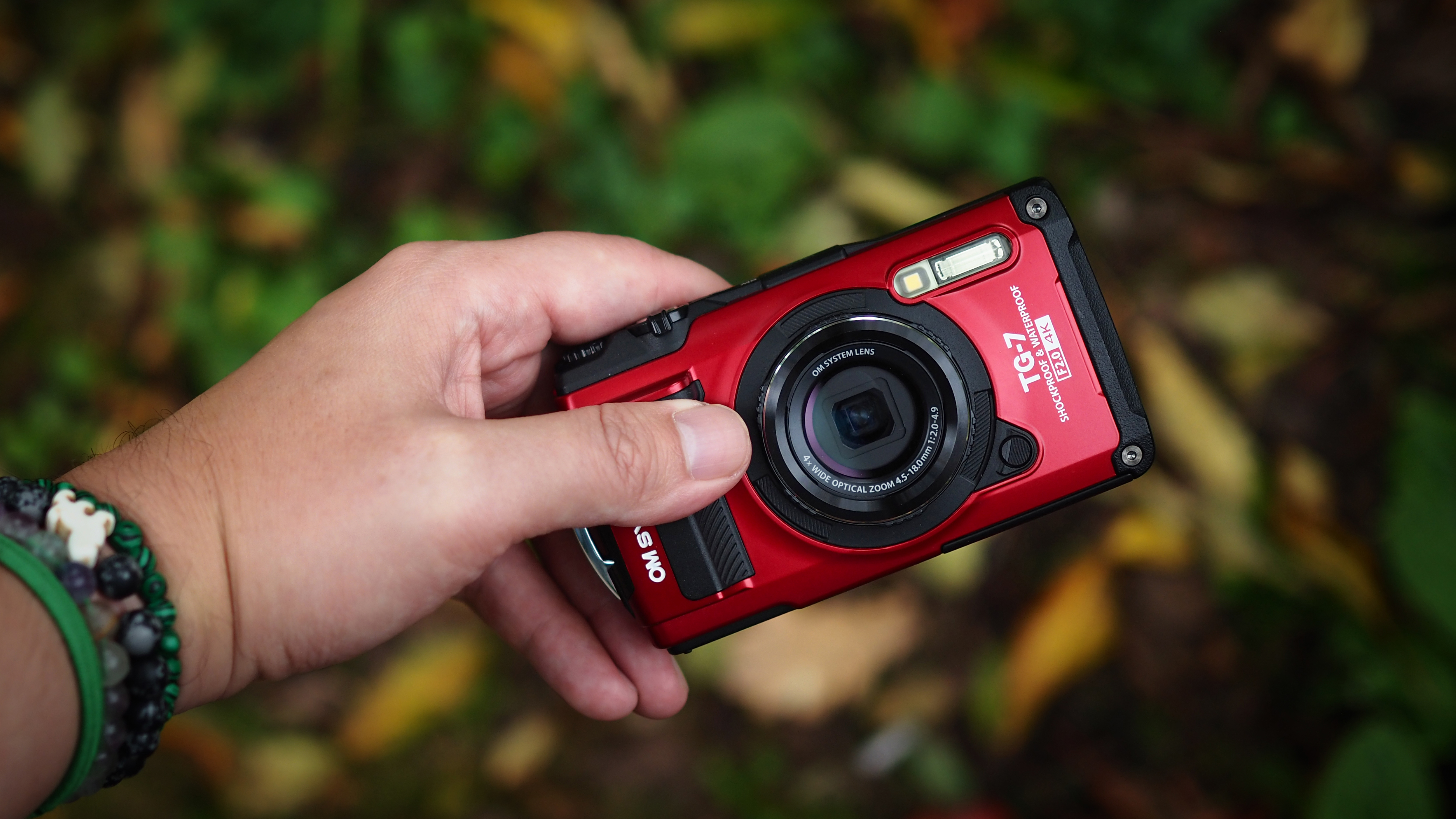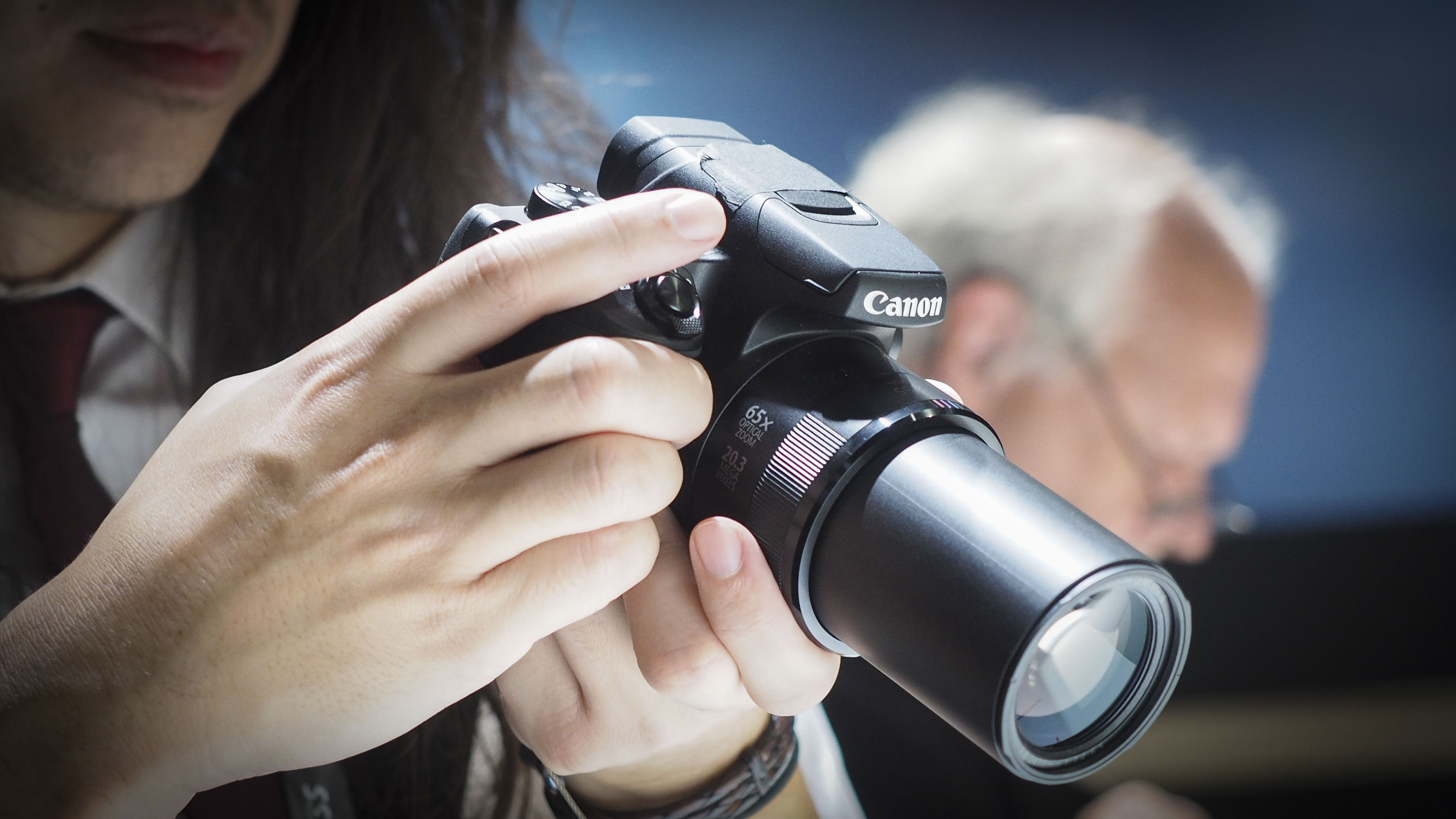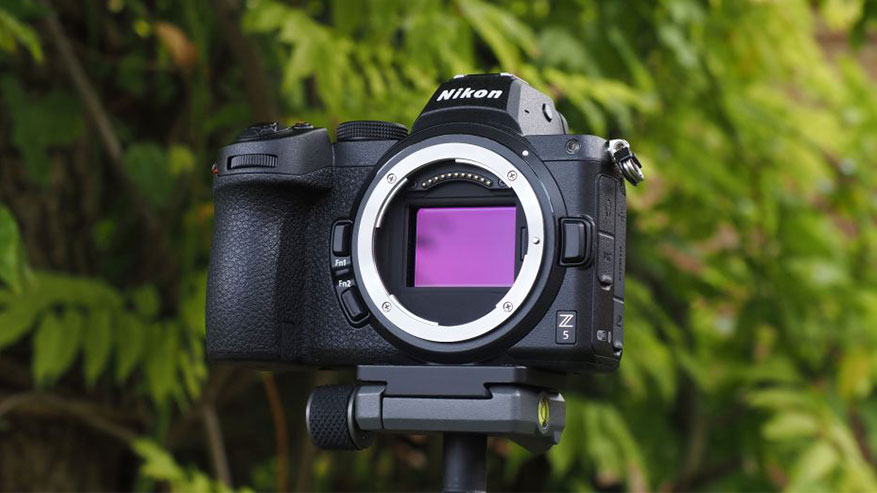The best zoom camera - my pick of the digicams you can buy today
Get up close and personal with distant subjects with our pick of the best zoom cameras you can buy right now
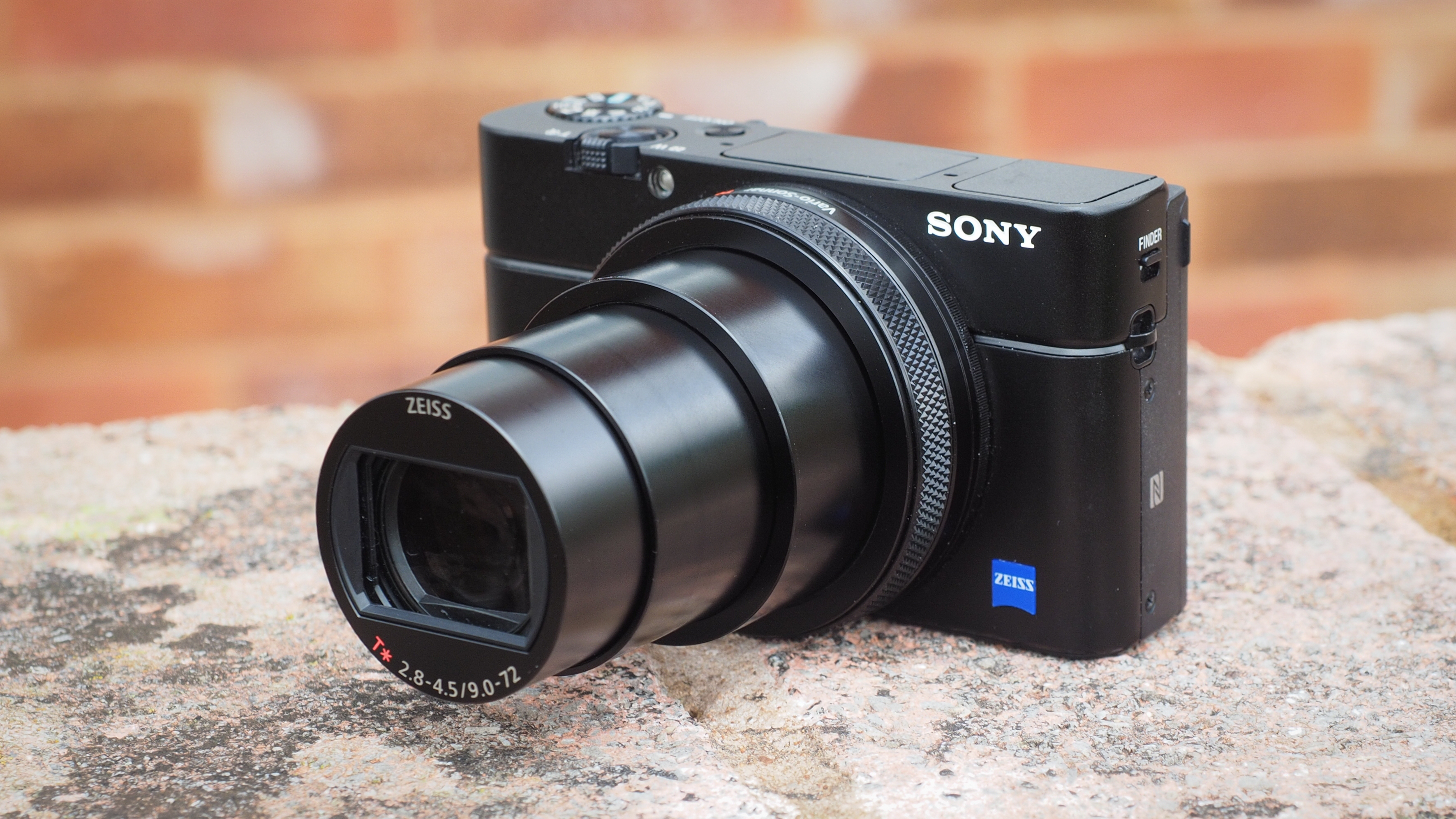
The best zoom cameras give you the ability to flick between focal lengths with the twist of a wrist or the touch of a button. Some run the full gamut from wide-angle to telephoto, giving you essentially the equivalent of a complete photographic system in a small and inexpensive package. One thing's for sure – you won't get that from a smartphone.
I've included a range of zoom cameras in this guide, and the full list represents what I deem to be the best options available right now at a range of price points. I've included traditional pocket-friendly point-and-shoot compact cameras, and also bigger and chunkier bridge cameras, with lengthier zooms and DSLR-style handling. More recently, we've seen the rise of vlogging compacts, specifically optimized for video, and there are also waterproof compacts to consider.
All the zoom cameras on this list have been tested and reviewed by our team. You can click through each entry to read our full reviews and see sample shots from each camera, which should give you an idea as to which one's right for you.

Amy Davies has been writing about photography since 2009, and used to be a colleague on Digital Camera magazine and Techradar.com. She regularly tests the latest cameras and smartphones, and here brings her expertise to picking the best zoom compacts.
Our top picks
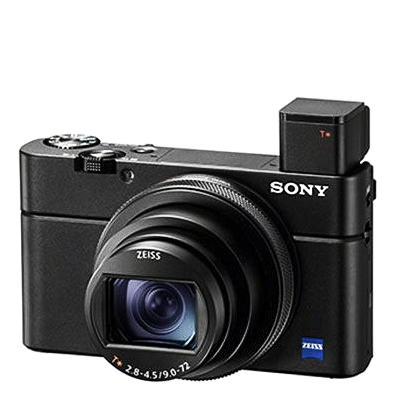
This is a luxury-priced compact camera that combines a quality 1-inch sensor with an impressive 8x zoom in a very portable casing. Sold as the RX100 VIIA in some territories.
Read more
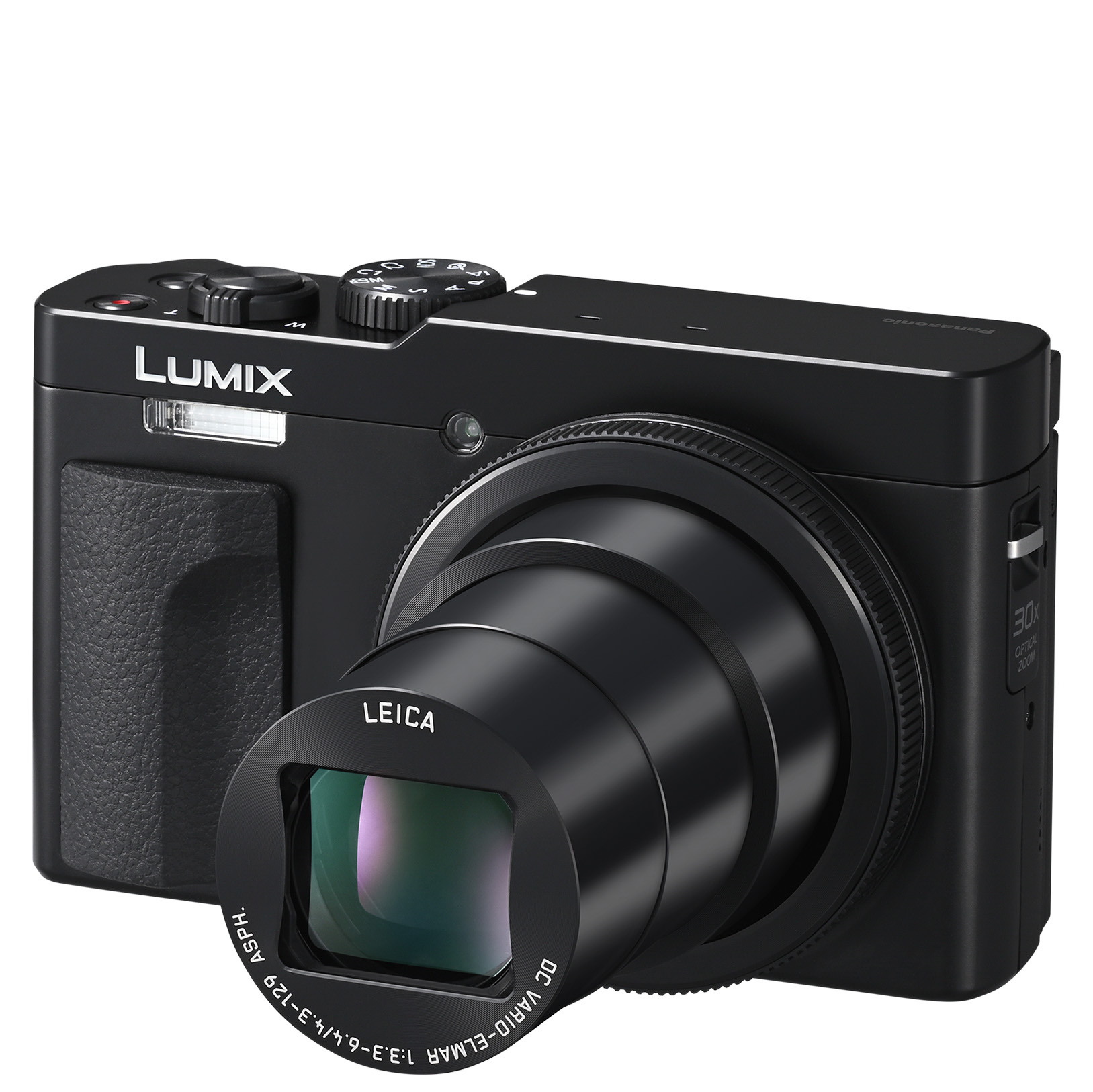
Easy to use, with a powerful 30x zoom, this a novice-friendly compact camera that can handle a host of different subjects while still being able to slip into a pocket – though the small sensor limits image quality.
Read more
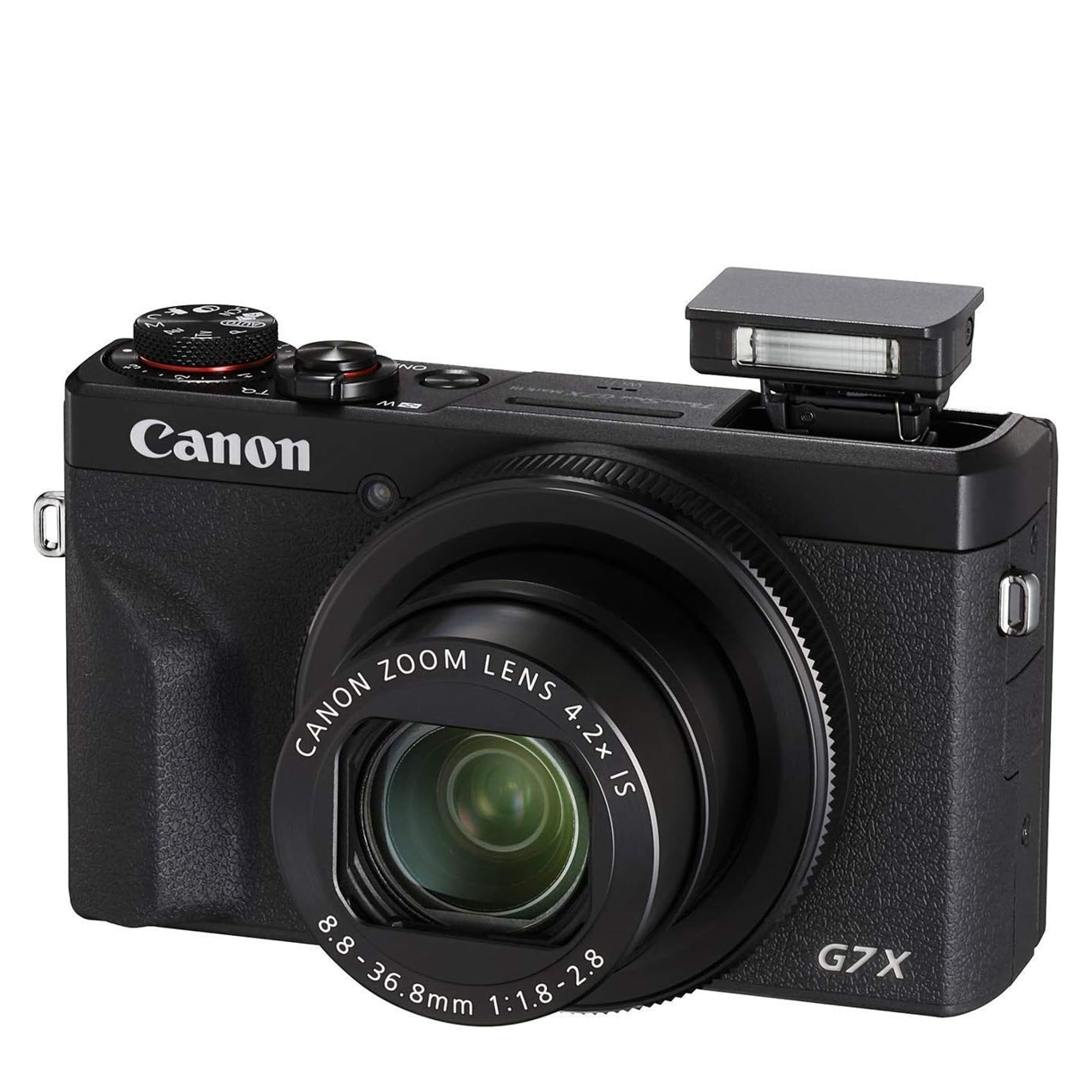
This is a well-respected zoom camera that offers a 4.2x zoom that's equivalent to a 24-100mm, with a 1in type sensor. It takes great pictures, and has a flip-around screen that's super-handy for vlogging.
Read more
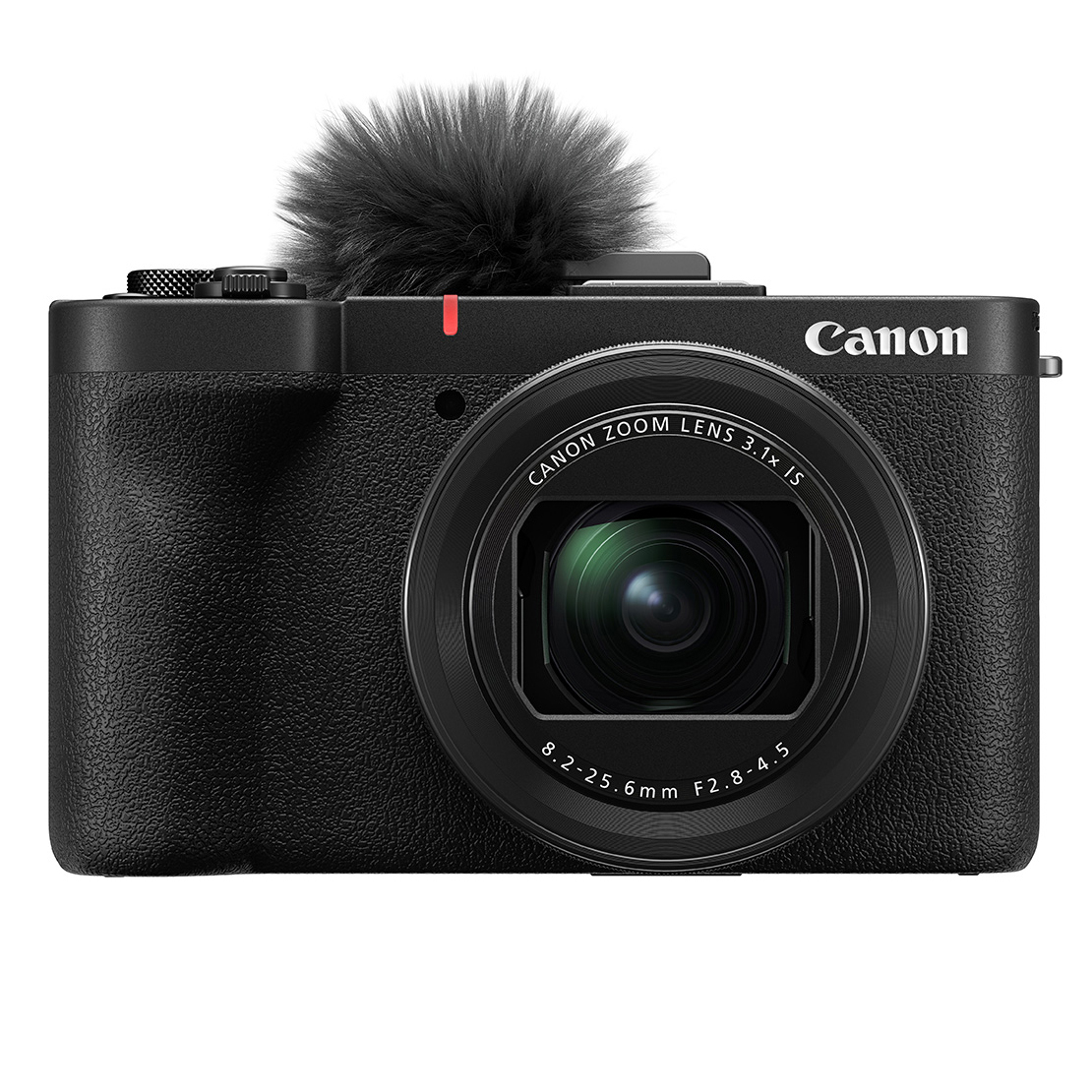
The new vlogging camera to beat, the PowerShot V1 uses a 1.4-inch sensor that puts it a cut above the competition, producing oversampled 4K video of superior quality with its 3x zoom.
Read more
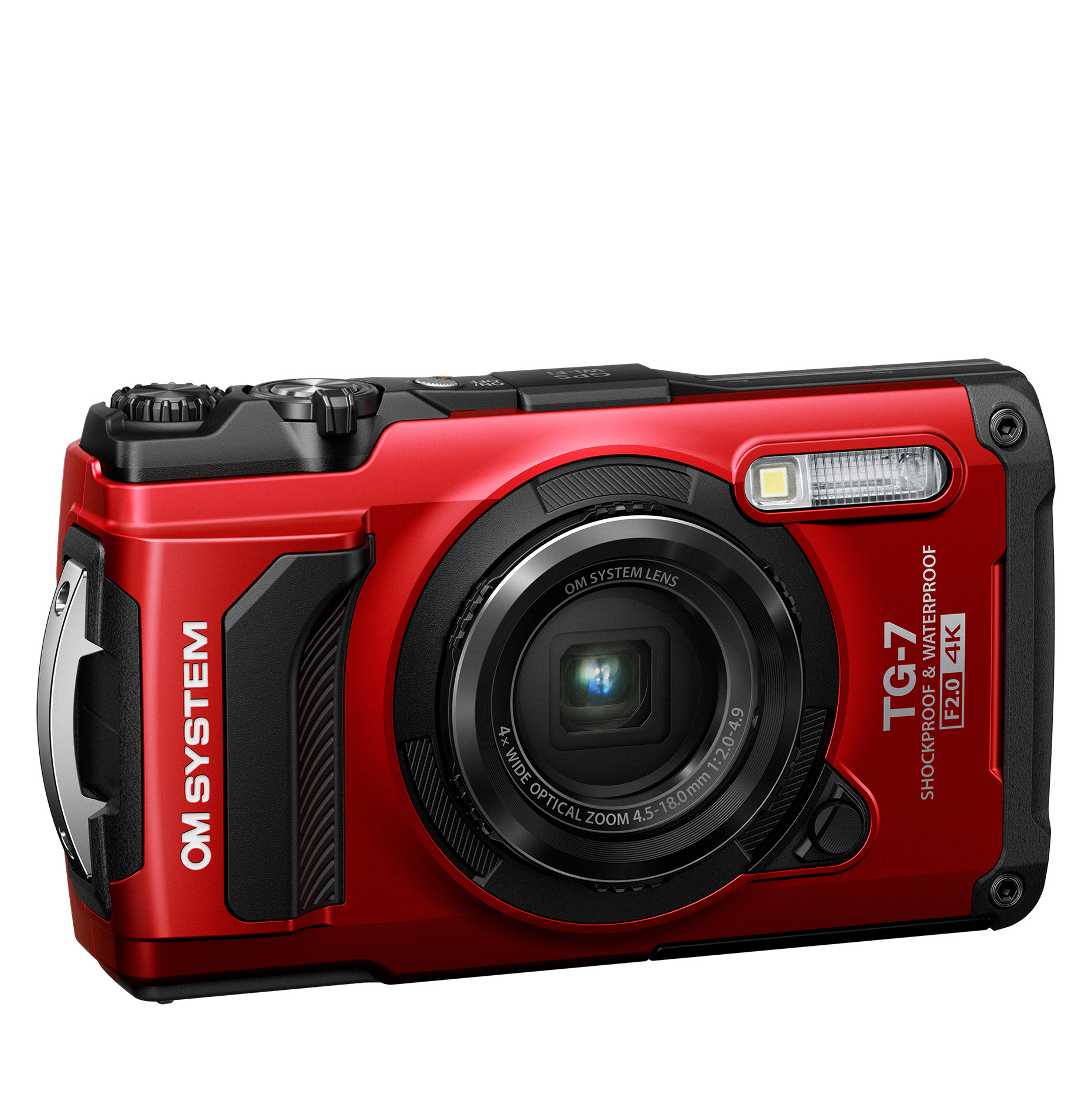
This compact is at home on land and water. Designed to take the knocks it can dive to depths of 15m - but also comes with a very competent 4x zoom and superb close-focusing capabilities.
Read more
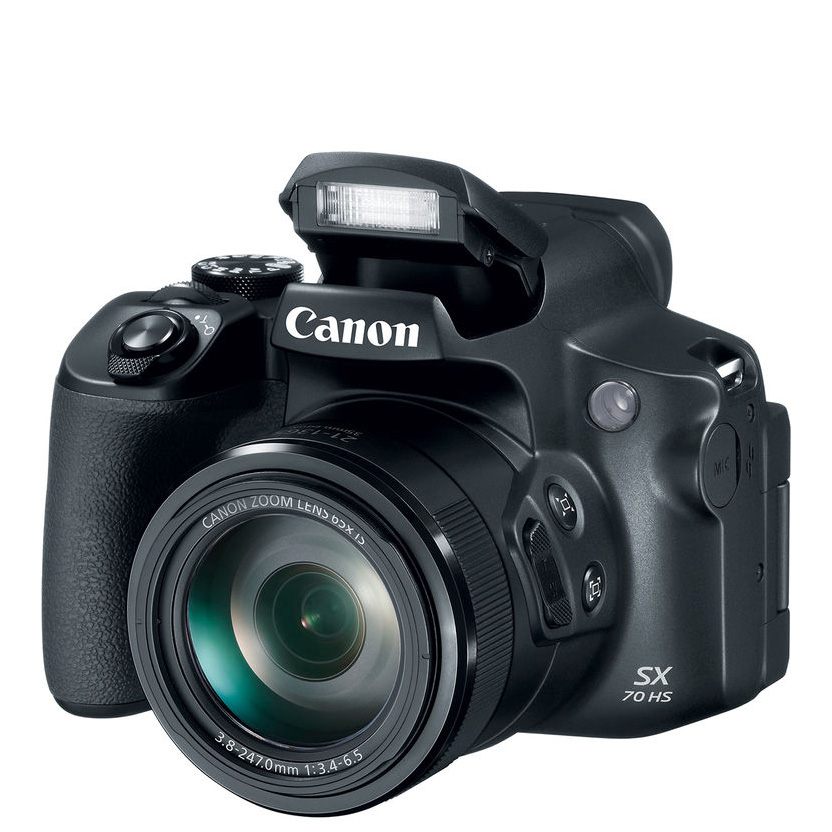
This big-zoom bridge camera balances price and performance. It packs an impressive 63x zoom range – and has the useful combination of an electronic eye-level viewfinder and a swing-out LCD panel.
Read more
See more products
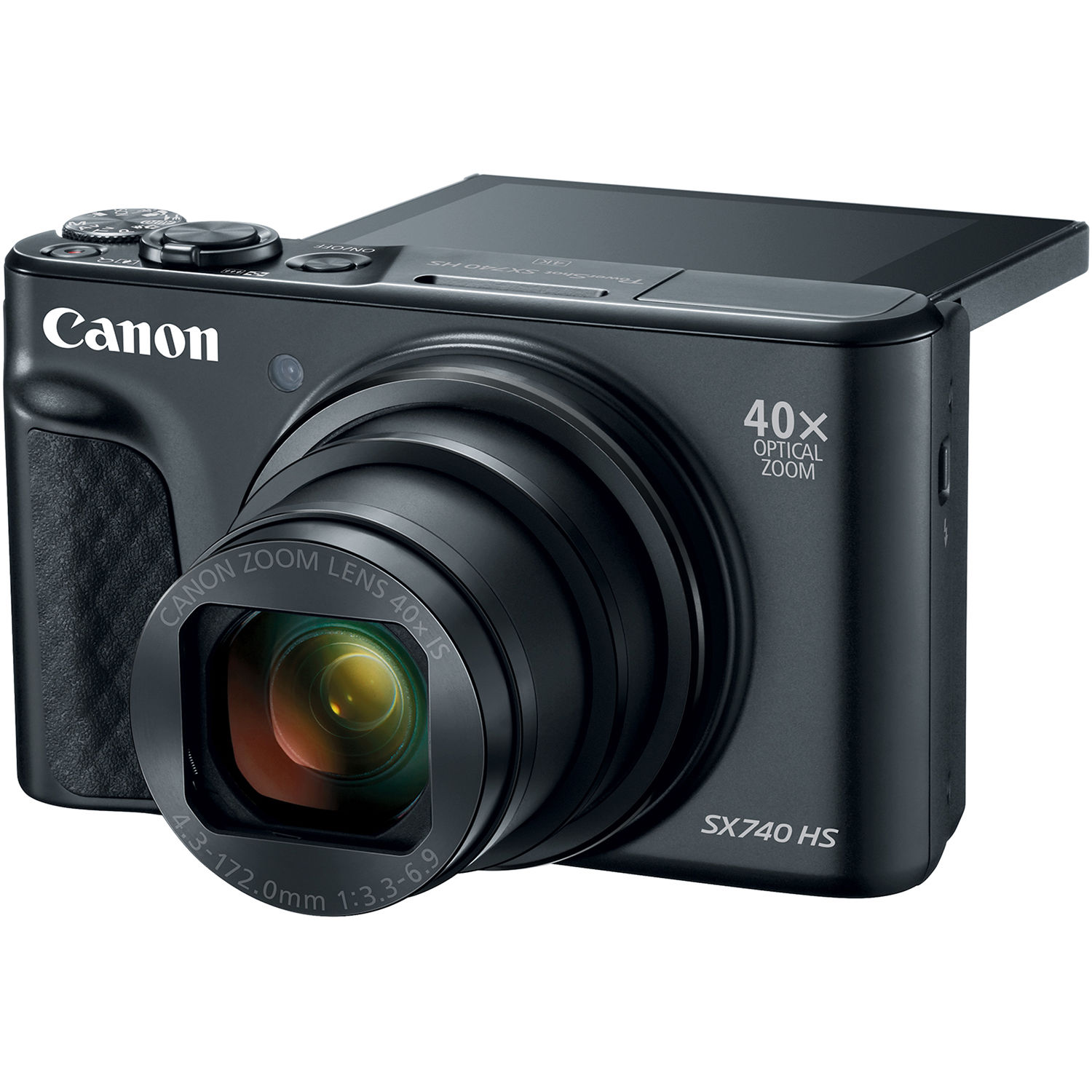
A pocketable body with a 40x zoom, the Canon PowerShot SX740 HS is my pick as the best travel zoom for holidays and city breaks. It also shoots 4K video and has a flip-forward screen, which puts travel vlogging in play.
Read more
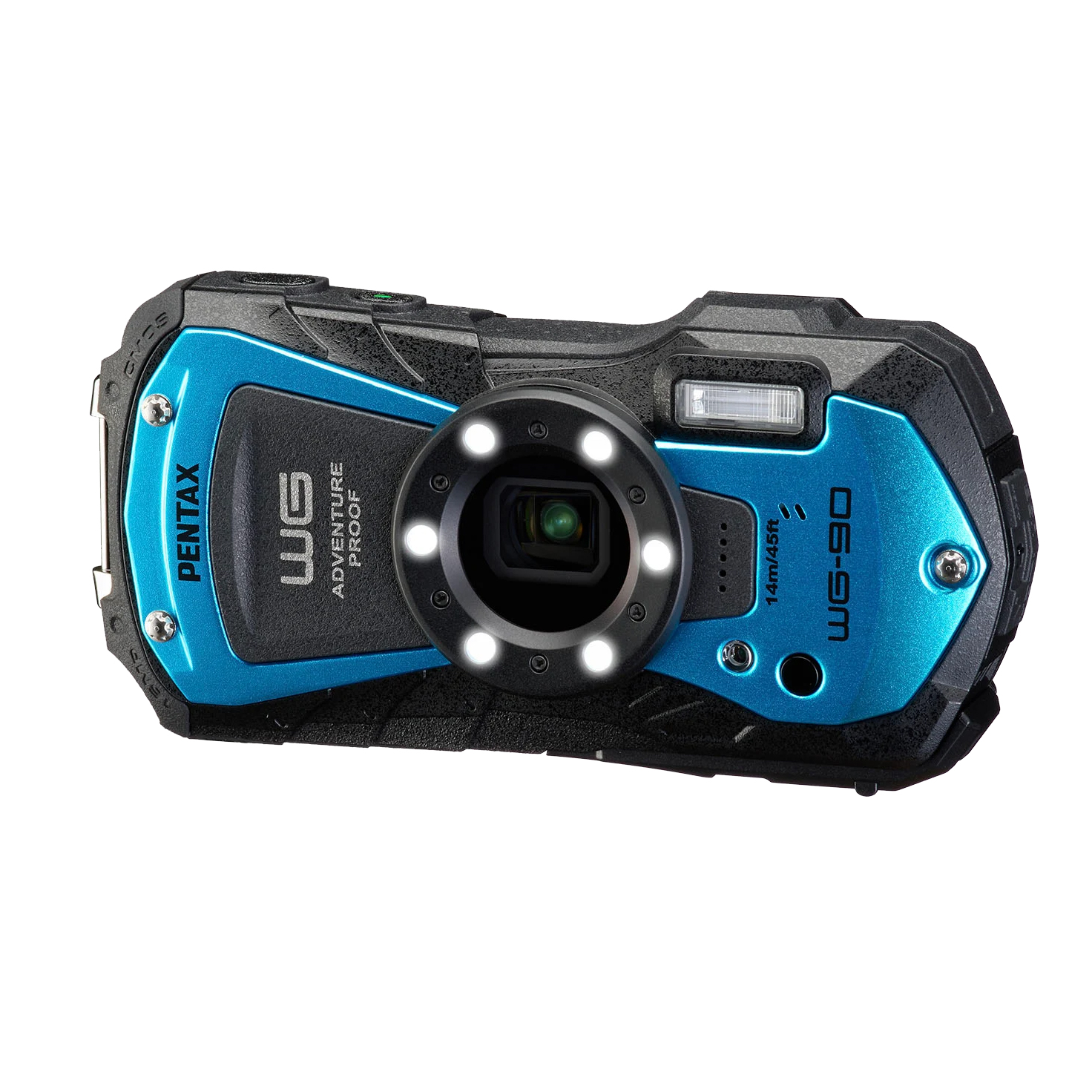
This highly affordable waterproof camera is ideal for holidays, especially with young kids, as it'll stand up to being dropped, kicked and submerged. Image quality is decent – in good light, at least.
Read more
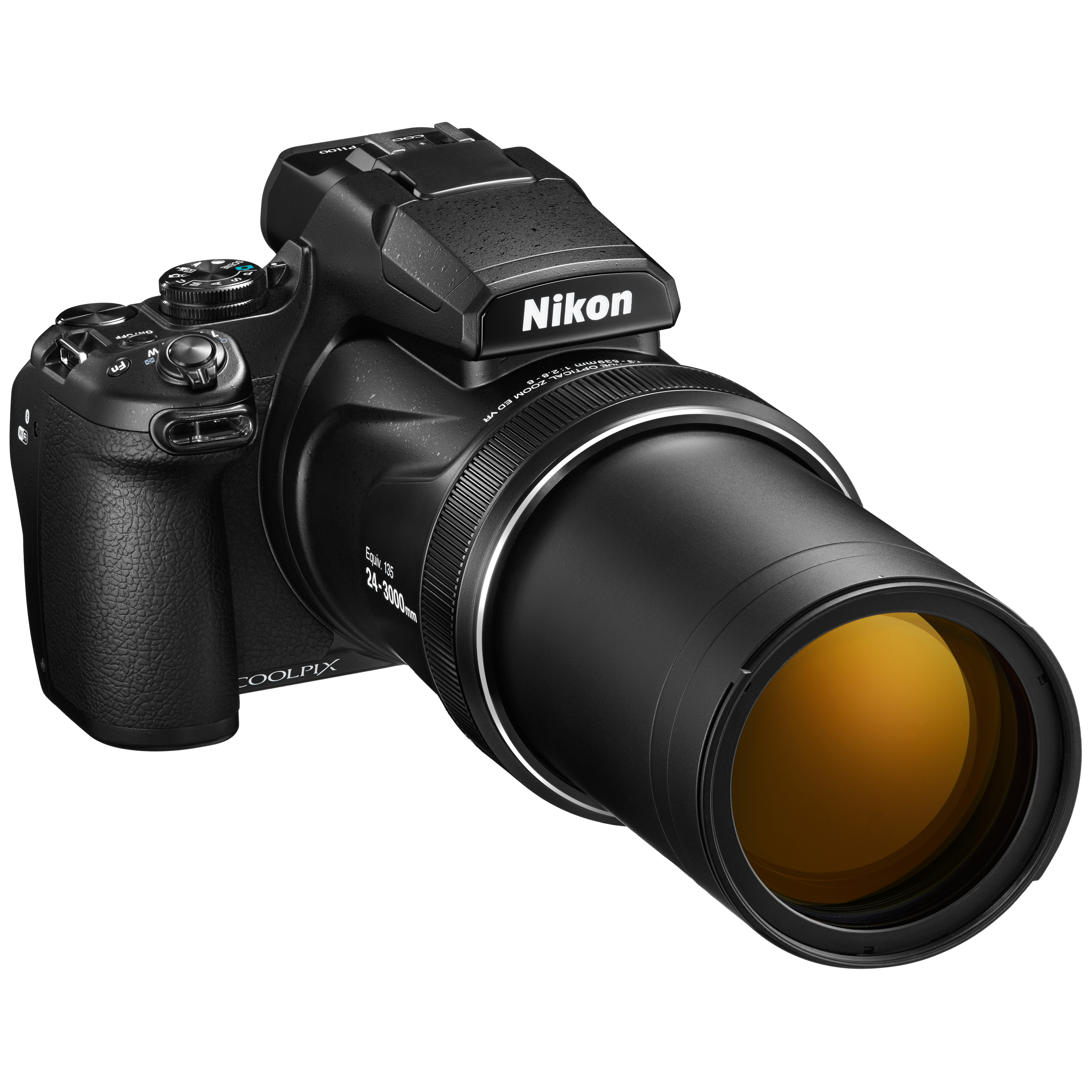
The longest zoom you can get on a compact camera, at 125x, the Nikon Coolpix P1100 is a big, expensive proposition – but is also genuinely unique. How many other compacts come with a dedicated 'Moon Mode'?
Best zoom camera
Why you can trust Digital Camera World
Best overall
Specifications
Reasons to buy
Reasons to avoid
When it comes to the king of the all-rounders, a camera that is adept at pretty much anything you’d care to throw at it, the Sony RX100 VII is the one. But, the one for which you’ll pay a huge premium for.
With its 8x zoom, it’s fairly flexible (though if zoom is your main concern, there are others that are better here), but it’s the fact that it can shoot at super-fast burst speeds, has a retracting EVF, a well-featured touchscreen and a high-performing one-inch sensor - and does all of that while fitting in your pocket that sees it sit at the top of our list.
If you want something which will fit more neatly into your budget, keep looking down our list. Also note that you may see the RX100 sold as the Sony RX100 VIIA in certain territories – this is a minor reskin of the camera designed to comply with EU regulations around USB charging ports, and is exactly the same on the inside.
See our full Sony RX100 VII review.
Best for beginners
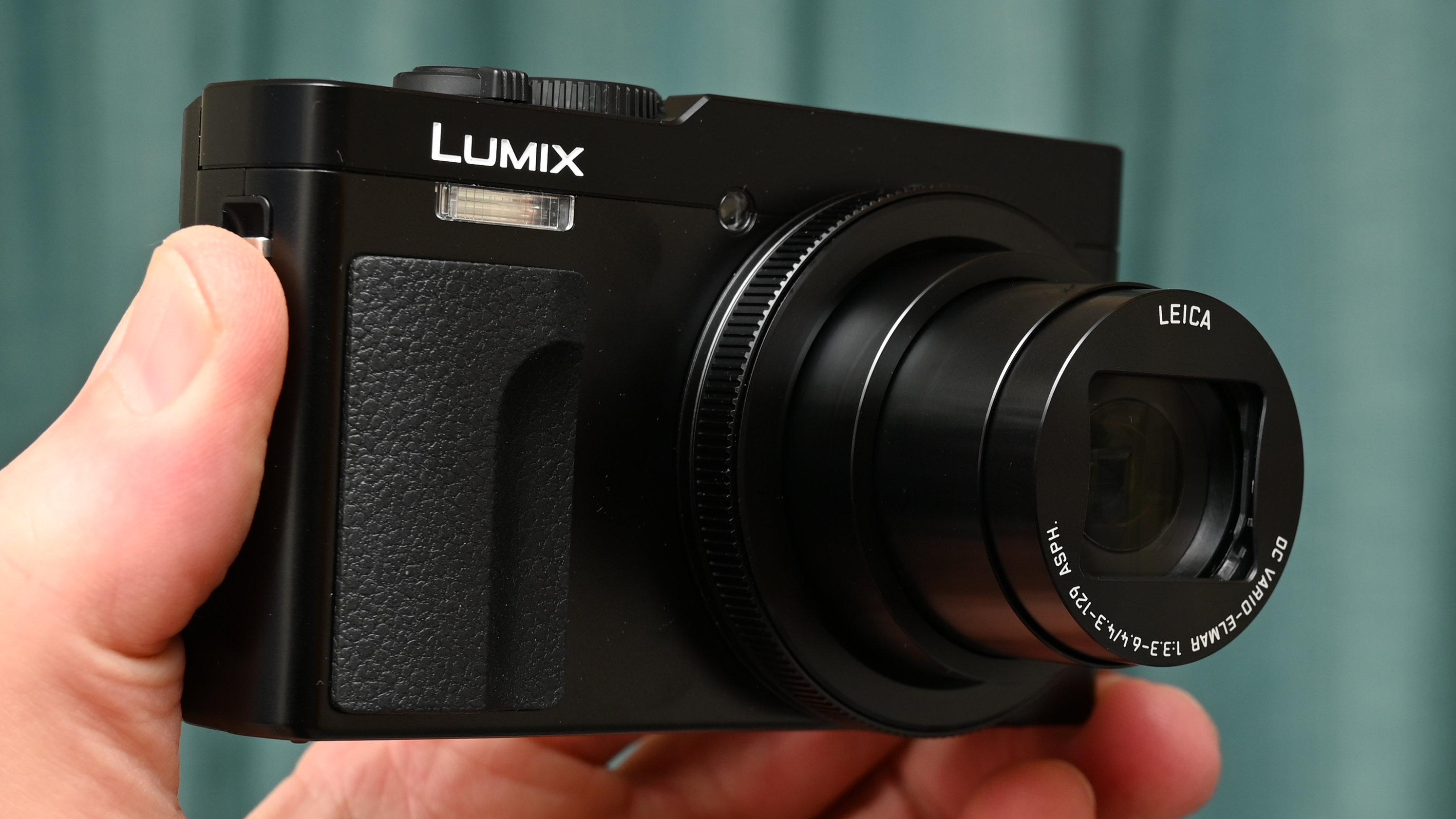
Specifications
Reasons to buy
Reasons to avoid
If you're new to photography and video, the Panasonic Lumix ZS99 / TZ99 (the name varies by territory; we'll call it the ZS99 from this point) is a very easy-to-use camera that boasts a monster zoom range. You might not think it, given the camera's pocketable dimensions, but the little ZS99 sports a 30x optical zoom lens, taking it all the way from a wide 24mm equivalent all the way to a super-telephoto 720mm.
Image quality holds up pretty well throughout this zoom range, and Hybrid 5-axis Optical Image Stabilization helps reduce the effects of camera-shake and makes the outer edge of that zoom range more useable when shooting handheld. The 49-area autofocus is reliably accurate, supporting by face/eye-tracking, and a maximum burst rate of 10fps.
The rear LCD screen is a flip-around type, however there's no viewfinder at all. This has helped slim down the dimensions of the camera compared to previous ZS models (and presumably the cost), but those who prefer eye-level composition will be disappointed.
Ultimately, there are trade-offs when you cram more than 20 megapixels onto a small 1/2.3-inch sensor, and our reviewer found that the Lumix ZS99 does struggle in poor light. Dynamic range isn't the best, with some detail lost in shadows and highlights – though this can be worked on if you shoot in raw format.
Read our full Panasonic Lumix ZS99 / TZ99 review
Best photo/video hybrid
Specifications
Reasons to buy
Reasons to avoid
This is a neat, rectangular design of a compact - that follows in a long-line of PowerShot G-series compacts. What we like about this model is that it offers a good balance between size, image quality and zoom range. The zoom is not as great as some rivals - but for this you get a 1in-type sensor that offers more quality than many zoom cameras.
One of the reasons that the G7 X Mark III became popular, is that it was one of the earliest cameras to offer a flip-up screen that rotates through 180° to help vloggers and selfie-shooters. Video is captured at 4K, which stills can be fired off at up to 30 frames per second. In our field tests we found that the image quality was very good, with a nice level of detail in our photos – although there was some slight fall-off in sharpness in the corners.
See our full Canon PowerShot G7 X Mark III review
Best for vloggers
Specifications
Reasons to buy
Reasons to avoid
Sony and its ZV series enjoyed a good few years of near-dominance over the vlogging compact space, but Canon's PowerShot V1 has finally arrived, and our take is that it has absolutely eaten the ZV series' lunch. It's not a full-blown replacement for the PowerShot G7 X Mark III featured above, but where that camera is a pretty elegant photo/video hybrid, this is one is firmly a video-focused machine. It can shoot stills, but that's manifestly not its primary purpose.
The PowerShot V1 is built around a 22.3MP 1.4-inch sensor, which is a marked step up from the 1-inch sensors found in most equivalent compacts. It uses this sensor to produce oversampled 4K that is a marked step up in quality compared to many contemporaries, including the Sony ZV-1 II.
It also uses an active cooling system, with a visible fan on one side – Canon presumably wishing to never again repeat the controversy of the infamously overheating EOS R5. While its capacities aren't infinite, in practice the PowerShot V1 feels like it just shoots and shoot – our reviewer captured reams of 4K video in blazing sunshine and never managed to overheat the camera.
It's more expensive than the G7 X Mark III, and that camera sports a longer zoom range. But if you're a pure video shooter with little to no interest in stills, the PowerShot V1 is the best zoom compact you can buy right now.
Read our full Canon PowerShot V1 review
Best waterproof zoom camera
Specifications
Reasons to buy
Reasons to avoid
The TG-7 is the latest in a series of shockproof, and fully waterproof cameras in the Tough range - originally produced by Olympus, and now marketed under the OM System brand. Its appeal is that you can use this on the beach, in extreme weather, on a boat, or even when snorkeling and not worry. But it is not just about the commando credentials, we love built-in microscope setting that allows you to take amazing close-ups - and that it records GPS coordinates and temperature with your photos.
Its 12 megapixel sensor can shoot 4K video, but can usefully capture Full HD video at 120fps for super-slow-motion - with a modest 12MP stills capability. The TG-7 has a modest 25-100mm optical zoom - butt that is actually very good compared to other fully waterproof compacts. In our field tests we found the Tough easy-to-use but sophisticated, is quite simply the best waterproof camera around.
Read our full OM System Tough TG-7 review
Best value superzoom
Specifications
Reasons to buy
Reasons to avoid
If you’re looking for a well-rounded bridge camera that offers a good range of functions – and has that all-important ultra-long zoom – then the Canon SX70 is a good option.
At 65x, it’s one of the longest on the market, giving you good scope to shoot pretty much every subject imaginable.
We found it very easy to handle (you will feel familiar with it if you’re used to using other Canon cameras). There's usable enough EVF and fully articulating screen - but which is let down by the fact it’s not touch-sensitive. There’s a good range of shooting modes, plus the ability to shoot in raw format.
The trade-off here for the ultra-long zoom is a small sensor, meaning the SX70 doesn’t perform amazingly well in certain conditions – such as low light. But for a good value travel and holiday camera, we reckon it’s still well worth considering.
See our full Canon PowerShot SX70 HS review.
Best zoom camera for travel
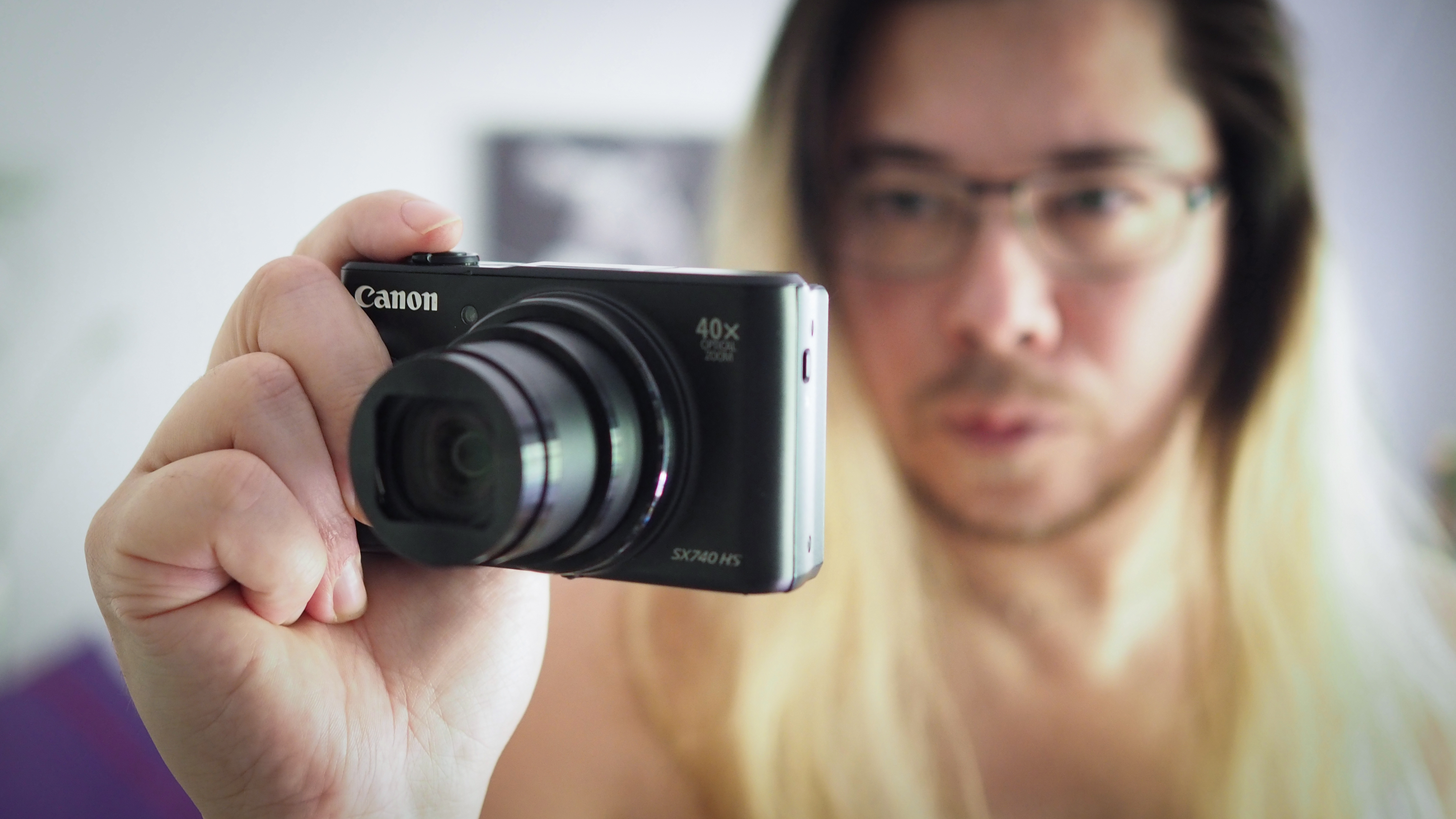
Specifications
Reasons to buy
Reasons to avoid
Zoom cameras are a great choice for travel, as you can cover a wide selection of shooting scenarios with a single body. In my view, one of the best zoom cameras for travel at the moment is the little Canon PowerShot SX740 HS Lite, which packs a 40x zoom into a pocketable body, and throws in a few useful features that make it a cut above a smartphone, too.
Granted, image quality is not exceptional. As is common among zoom cameras, the PowerShot SX740 HS Lite uses a 1/2.3-inch sensor, and this means that while it holds up reasonably well in good light, quality quickly deteriorates in low-light situations. It's not really a camera to use for night photography – though again, that is true of the majority of cameras on this list.
Still, as a simple point-and-shoot for travel, the SX740 HS ticks a lot of boxes. It's simple to operate, with useful built-in stabilization that makes it easier to use the telephoto end of the 24-960mm equivalent zoom lens while shooting handheld. As we found in our review, the images it produces have a decent amount of pop to them, with good saturation. You can tell that there's a significant amount of processing going on with the images used at the long end of the zoom, but the end results are pleasing.
It's not an exceptional camera by any stretch of the imagination. But the Canon PowerShot SX740 HS Lite offers a level of zoom beyond any smartphone, and does so in a slim, well-designed body that won't add much weight to your travel bag.
Read our full Canon PowerShot SX740 HS / Lite review
Cheap waterproof
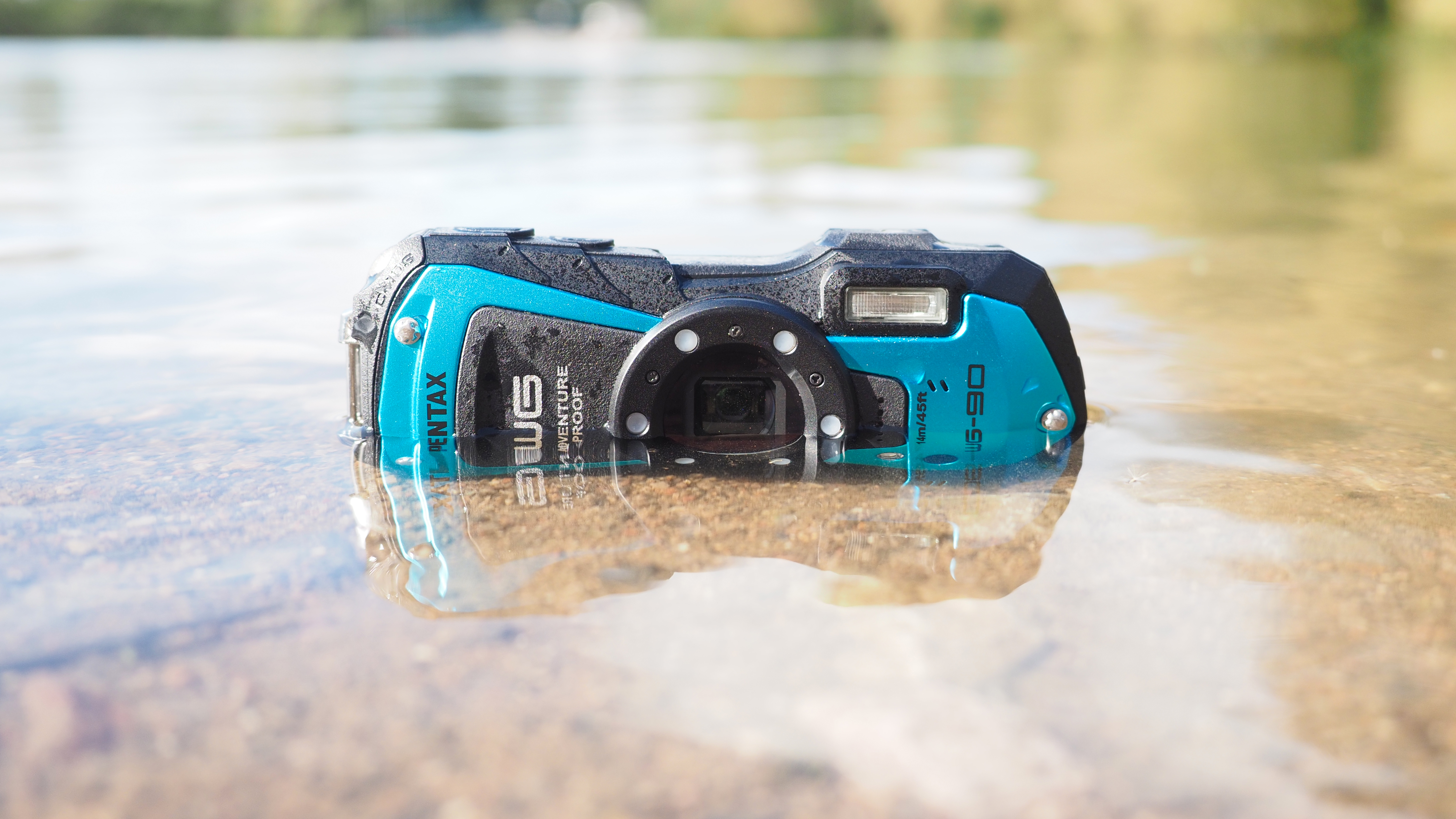
Specifications
Reasons to buy
Reasons to avoid
Pentax-Ricoh offers a few different ultra-tough compacts in its WG series – cameras that can take a drenching, a bashing, a freezing and whatever else, and still keep shooting. Essentially it's a similar deal to the TG-7, only at a lower price, and without quite so many features, making it a great budget zoom camera for holidays, beach trips and travel.
As is pretty much always the case with tough compacts, the WG-90 uses a small 1/2.3-inch sensor. This means image quality is generally good rather than great, and won't be a noticeable upgrade over what you'd get from a smartphone, with the obvious caveat that a smartphone likely won't survive being submerged under 14m of seawater.
The WG-90 offers the longest zoom lens in the current WG lineup, which is why we've included it here over similar cameras in the series like the WG-8 and WG-1000. Its lens runs to an equivalent range of 28-140mm, which is respectable and gives you plenty of scope for getting a variety of shots on your holidays.
Ultimately, it won't win any awards for image quality, but the competitive pricing and tough credentials of the WG-90 make it a brilliant choice for kids, holidays and fun days out.
Read our full Pentax WG-90 review
The longest zoom camera
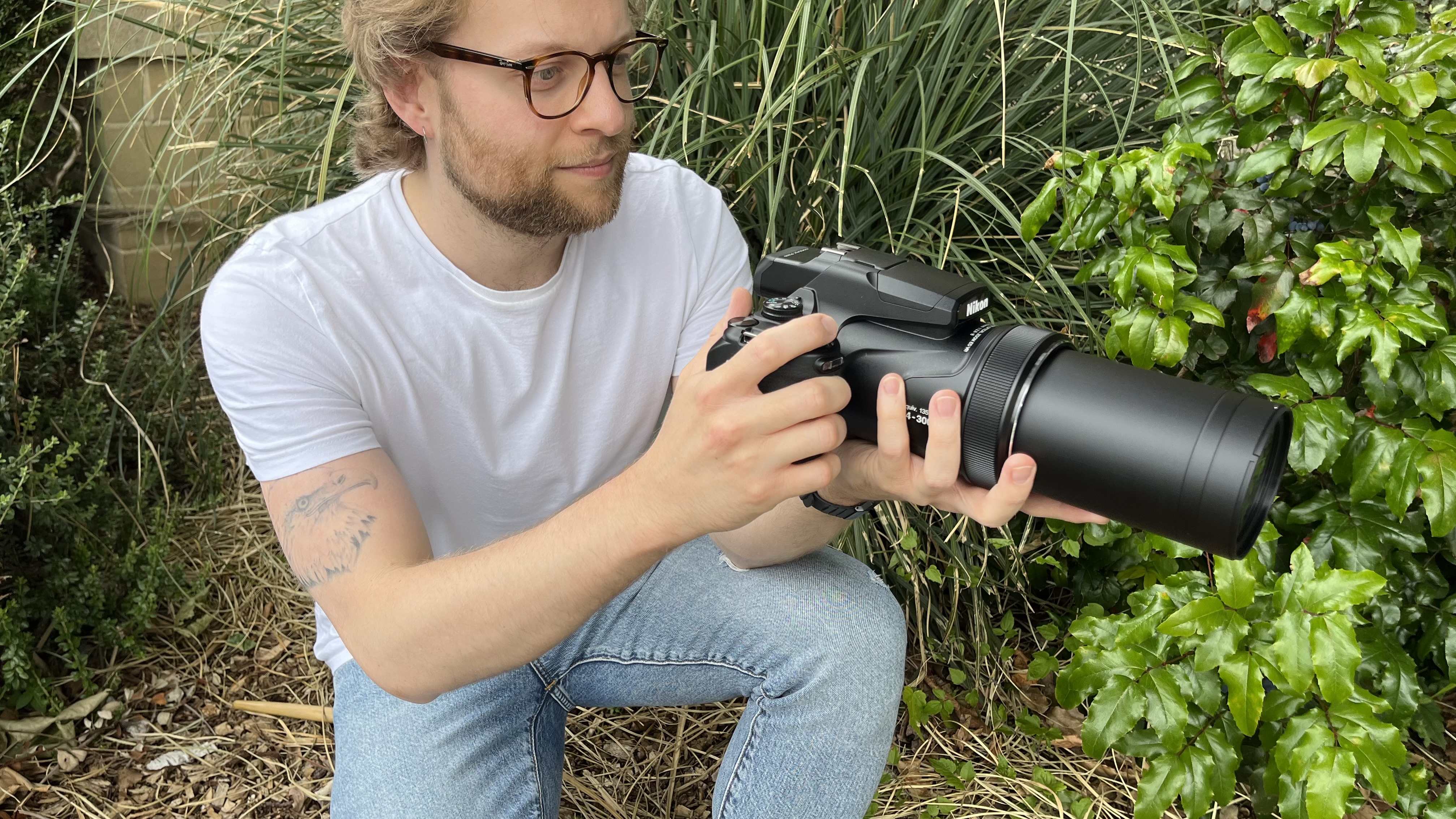
Specifications
Reasons to buy
Reasons to avoid
A camera with a zoom so preposterously big it's arguably more of a stunt than a serious proposition – we could hardly fail to include the Nikon Coolpix P1100 in this roundup! It's the biggest-zoom bridge camera you can get, sporting a whopping 125x optic that covers an equivalent range of 24-3000mm. It's the latest camera in the series that became famous for literally shooting the moon – to the point where the Coolpix P1100 has its own dedicated 'Moon Mode'.
It's undoubtedly a bit silly. Holding the P1100 with its zoom at full extension feels a bit like holding a bazooka. But even so, our reviewer Matthew found himself charmed. It's an enjoyable camera to use, with a pretty quick autofocus system that may not be phase-detection, but still locks onto subjects reliably. An excellent VR (Vibration Reduction) built into the lens compensates for unwanted camera movement to make those extreme focal lengths more useable, and the chunky SLR-style handling works well.
There are inevitable trade-offs. The aperture drops steeply at the narrow end of the lens, and this combined with the smaller sensor means this is a camera best used in good, bright light. Image quality at high ISO settings definitely isn't much to write home about.
There is also a bit of a premium to pay for such a whopping lens, with a standard price for the P1100 of $1,098 / £1,049. Canon's PowerShot SX70 HS may not reach the same giddying lengths of zoom, but it's a good deal cheaper.
Read our full Nikon Coolpix P1100 review.
How to choose a zoom camera
Zoom range
When it comes to choosing a zoom camera, think about exactly how much zoom you actually need. You’ll probably want at least an 8-10x zoom, but some of those in our list here offer 20 or 30x, with one even offering a staggering 125x (enough power to shoot close-ups of the moon!).
Thinking about equivalent focal lengths, if zoom is your main concern you’ll generally be looking for something which goes beyond the standard 24-70mm type range, so pay attention to that in the specs list. Also think about the wide-angle end of the lens, especially if you’re looking for something to fulfill a range of needs or is ideal as an all-rounder for subjects such as travel. That could even mean you look out for something wider than 24mm for extended flexibility.
Sensor size
As a general rule, the bigger the sensor the better the image quality. Zoom compacts typically have a 1-in type sensor, or a 1/2.3in sensor. The 1in sensor measures 13.2 x 8.8mm - around four times the size of 1/2.3in one (which measures 6.17 x 4.56mm). The bigger the sensor, though, the bigger the lens needs to be - so cameras with 1in sensors tend to have smaller zooms than those with the smaller imaging chip.
How we test zoom cameras
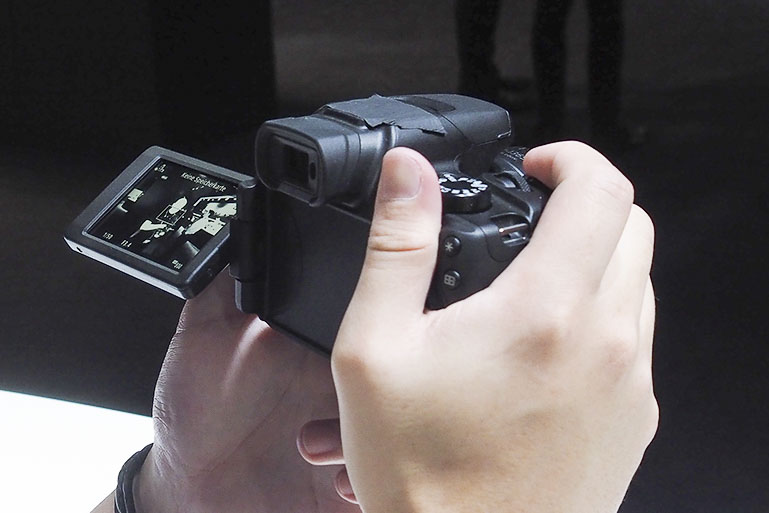
Our team of in-house and external reviewers have tested hundreds of zoom cameras over the years, and we use their experience to pick the best available in the market today for this guide. We test compact cameras and bridge cameras in real world conditions - seeing how they handle shooting a variety of different lighting conditions and shooting scenarios, and then comparing their results to those we have taken with similar cameras. With zoom cameras, handling is just as important as out-and-out image quality - so we pay particular attention to ease-of-use and ergonomics in our tests.
Read more about how we test products at DCW
Read more:
Best travel camera
The best point-and-shoot cameras
Best cameras for hiking
Best cameras under $200
Best cameras under $500
Best cameras for beginners
Best compact cameras
Best mirrorless cameras
The best camera deals, reviews, product advice, and unmissable photography news, direct to your inbox!
Amy Davies has been writing about photography since 2009, and used to be a colleague on Digital Camera magazine and Techradar.com. She now works as a freelance journalist writing for nclude Amateur Photographer, Stuff, Wired, T3, Digital Photographer, Digital Camera World, TechRadar, Trusted Reviews, ePhotozine and Photography Blog. She has an undergraduate degree in journalism and a postgraduate diploma in magazine journalism, both from Cardiff Journalism School.
